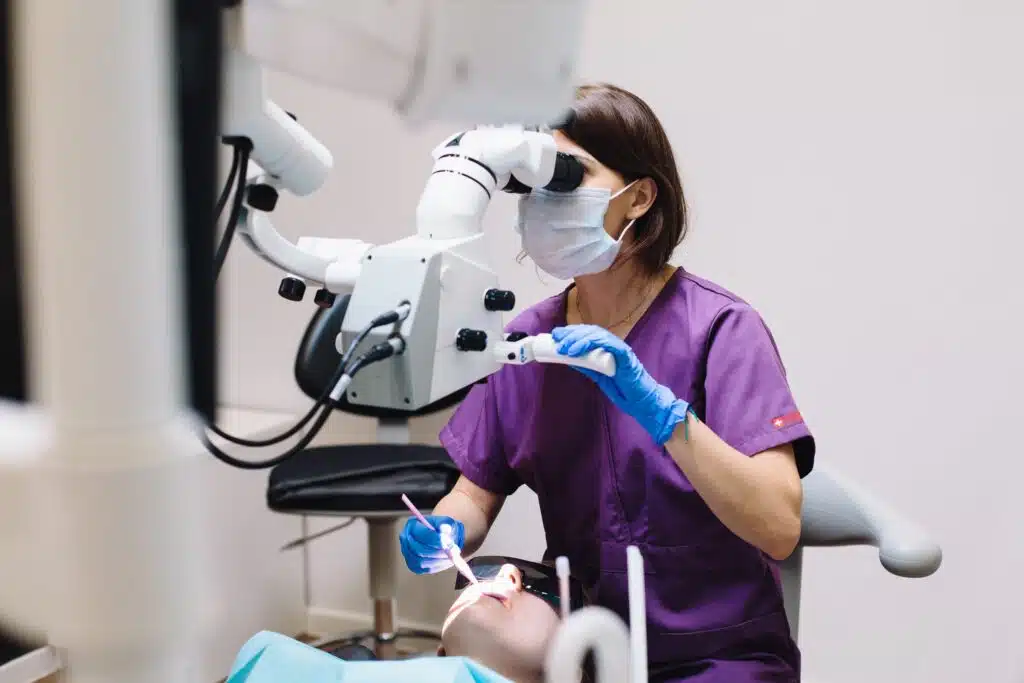Most babies begin teething as young as six months. This begins a process of changes you experience that concludes with your third molars or wisdom teeth eruption. However, more than nine out of ten people in the United States have their wisdom teeth removed, which begs the question why do people have wisdom teeth? Continue reading to learn more about wisdom teeth and why they may require removal.
We can help you with all aspects of maintaining optimal oral health. Schedule an appointment with Trident Dental to learn more about our comprehensive oral health care services.
What Are Wisdom Teeth?
The typical adult dentition is thirty-two teeth. This includes a set of sixteen upper and lower teeth. Making up these sixteen teeth are the same number of these teeth on each side:
-
One central incisor
-
One lateral incisor
-
One cuspid or canine (often referred to as an “eye tooth”)
-
Two bicuspids or premolars
-
Three molars
The third molar is the tooth in the very back of your mouth and is typically the last tooth to erupt.
How Many Wisdom Teeth Do You Have?
Although thirty-two is considered the normal and complete adult dentition, there is much variation to this usual number. For example, many people never get their upper lateral incisors or bicuspids. These are called congenitally missing teeth because they never developed when you were born. You can also have more teeth than usual such as having an extra tooth such as a bicuspid or even a front tooth. These are called supernumerary teeth and can result in more than thirty-two teeth.
While you can have variations in any tooth, you are most likely to find variations in wisdom teeth. Many people have less than four wisdom teeth, and about two percent of adults have supernumerary wisdom teeth.
Why Do People Have Wisdom Teeth?
Between the ages of seventeen and the early twenties, most people experience the eruption of between one and four wisdom teeth. Unlike other adult teeth, this often results in dental extractions. It is not unusual to learn you lack the room for these third molars, leading to many problems. Anthropologists believe the reason for this is that our ancestors had larger jaws and gained chewing advantages with third molars. Although we no longer benefit from these teeth, we still have them. Unfortunately, the simultaneous development of smaller jaws often leaves inadequate space for them to erupt.
Why You Might Need Your Wisdom Teeth Removed
Many people have their wisdom teeth removed because of the problems they can cause, such as:
-
Periodontal disease. It can be very difficult to remove dental plaque from a fully or partially erupted wisdom tooth. This can lead to gingivitis and then periodontal disease and loss of surrounding teeth.
-
Dental caries. Accumulated plaque can cause tooth decay which may lead to an abscessed tooth.
-
Oral cysts or tumors. A partially or completely impacted wisdom tooth is prone to developing a cyst or tumor in the jaw.
-
Pericoronitis. Wisdom teeth are known for causing an oral infection and swelling known as pericoronitis. This condition must be treated to prevent a more dangerous infection.
Schedule Appointment
Contact us to learn more about how regular dental checkups and professional teeth cleanings can help you maintain healthy teeth and gums and have a bright smile for a lifetime.

